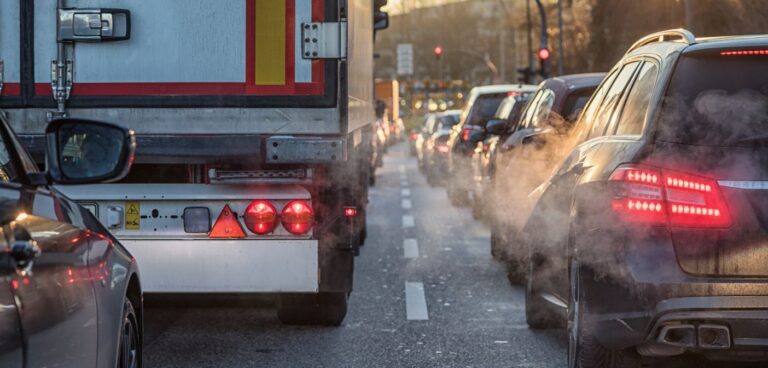New figures have revealed most of the UK suffers from air pollution above levels recommended by the World Health Organisation, leading to fuel technology company Suinox to call for immediate action.
Analysis of Imperial College London data, by not for profit organisation Central Office of Public Interets (COPI), has highlighted that 97% of addresses exceed WHO limits for at least one of three key pollutants, along with harmful fine particulate matter. It also found that 70% of addresses breach WHO limits for all three.
The 10 areas with the highest proportion of polluted homes are Slough, London, Portsmouth, Salford, Leeds, Manchester, Stockport, Reading, Southampton and Oldham.
COPI is now calling for legal requirements for air pollution data to be disclosed to home buyers and renters. While Ben Richardson, chief executive of Greentech company Suinox Group, said the analysis reinforced the need for immediate action from central and local government, as well as industry.
“This latest research into the levels of pollution in the UK is shocking to read but, sadly, not very surprising. But technology already exists to significantly reduce air pollution, which costs the UK economy over £20 billion every year,” said Richardson.
“Analysis shows that over seven years, half a million people have died from causes including asthma attacks, exacerbations of chronic obstructive pulmonary disease and pneumonia. Hospital admissions for lung conditions have doubled in England and Wales from 1,535 per 100,000 in 1999 to 3,143 per 100,000 in 2019.
“This is a public health crisis and needs a robust response.”
London-based Suinox provides solutions for decarbonisation of liquid hydrocarbon fuels. Its fuel additives reduce the production of harmful emissions including particulate matter PM10 and PM2.5. In tests, its products have been shown to reduce PM2.5 by up to 60%.
Richardson added: “We have the technology to help tackle air pollution today, not in another generation. In fact, it was recently reported that our unique technology can mitigate emissions and pollution equivalent to five million cars in the UK alone. This degree of impact cannot be ignored in our time of health crisis or climate emergency for that matter.
“We are in talks with numerous organisations at local, national and international level, about how we can help them reduce their environmental impact and their impact on air quality.
“We already partner with a number of organisations which have provided us with evidence of reduced particulate matter emissions both in tests and in the real world.”





